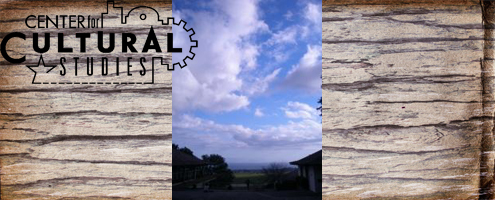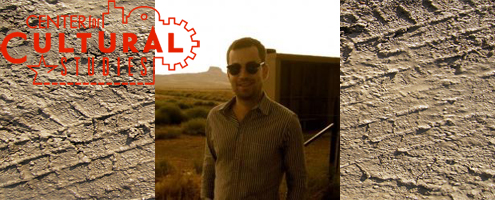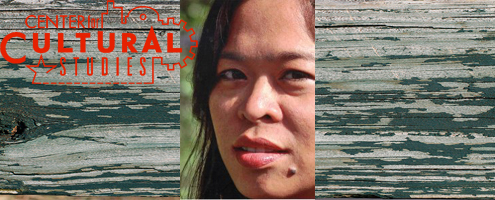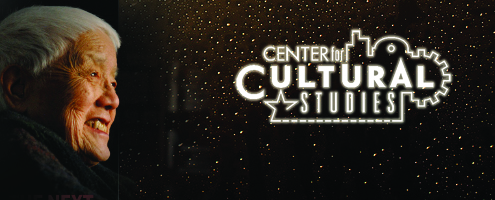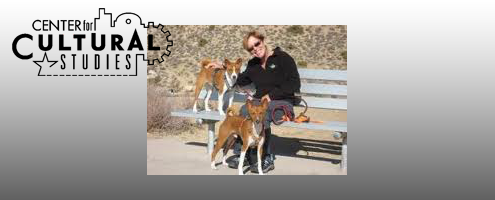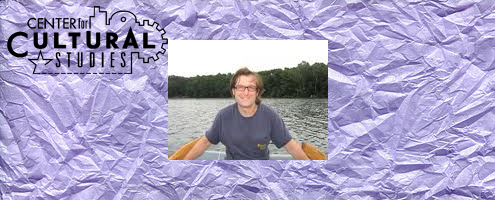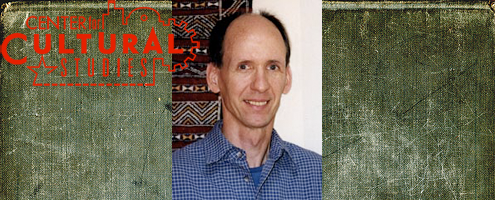Friday, October 26/ PRE-WEBINAR DISCUSSION of Grace Lee Boggs, The Next American Revolution: Sustainable Activism for the Twenty-First Century/3-4:30 PM/ Women’s Center
Thursday, November 8/ WEBINAR with Grace Lee Boggs, Room TBA
A legendary activist for social justice, Grace Lee Boggs—now 97 years old—has participated in social and political movements against war and on behalf of labor, civil rights, environmental justice, Black Power, Asian Americans, and women. In her writing and through her organizing, Boggs has helped to transform the lived experience of work, community and politics. Someone who perceives a vacant lot to be a space of possibility rather than an occasion for despair, Boggs has been a leader in the nationally recognized movement to construct a new kind of economy “from the ground up” in Detroit and to effect a paradigm shift there in the concept of education.
In order to prepare for the webinar with Grace Lee Boggs on November 8th at 2 PM, there will be a discussion of her book, The Next American Revolution: Sustainable Activism for the Twenty-First Century (UC Press, 2011.” Chapter Two of the book—“Revolution as a New Beginning”—is available here or here. Copies of the book are available at the Literary Guillotine.
Participants in the two events are urged to read the book, which includes autobiographical and theoretical chapters in addition to chapters about the economic and educational movements in Detroit, and a conversation between Grace Lee Boggs and Immanuel Wallerstein.

